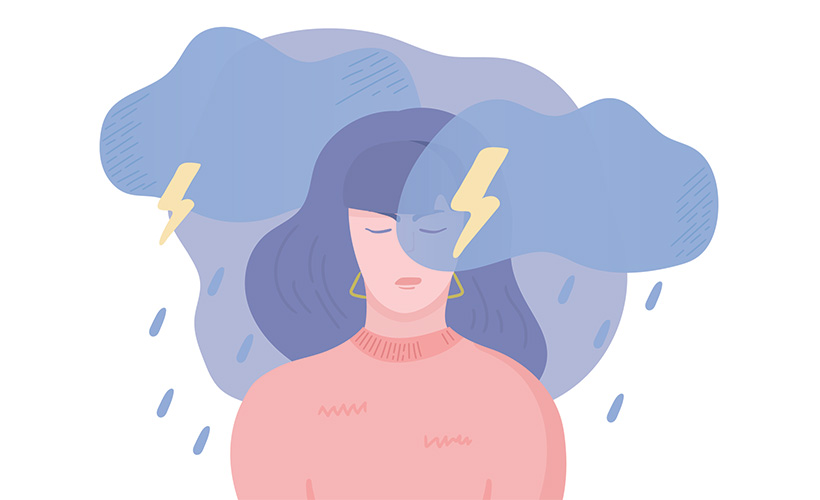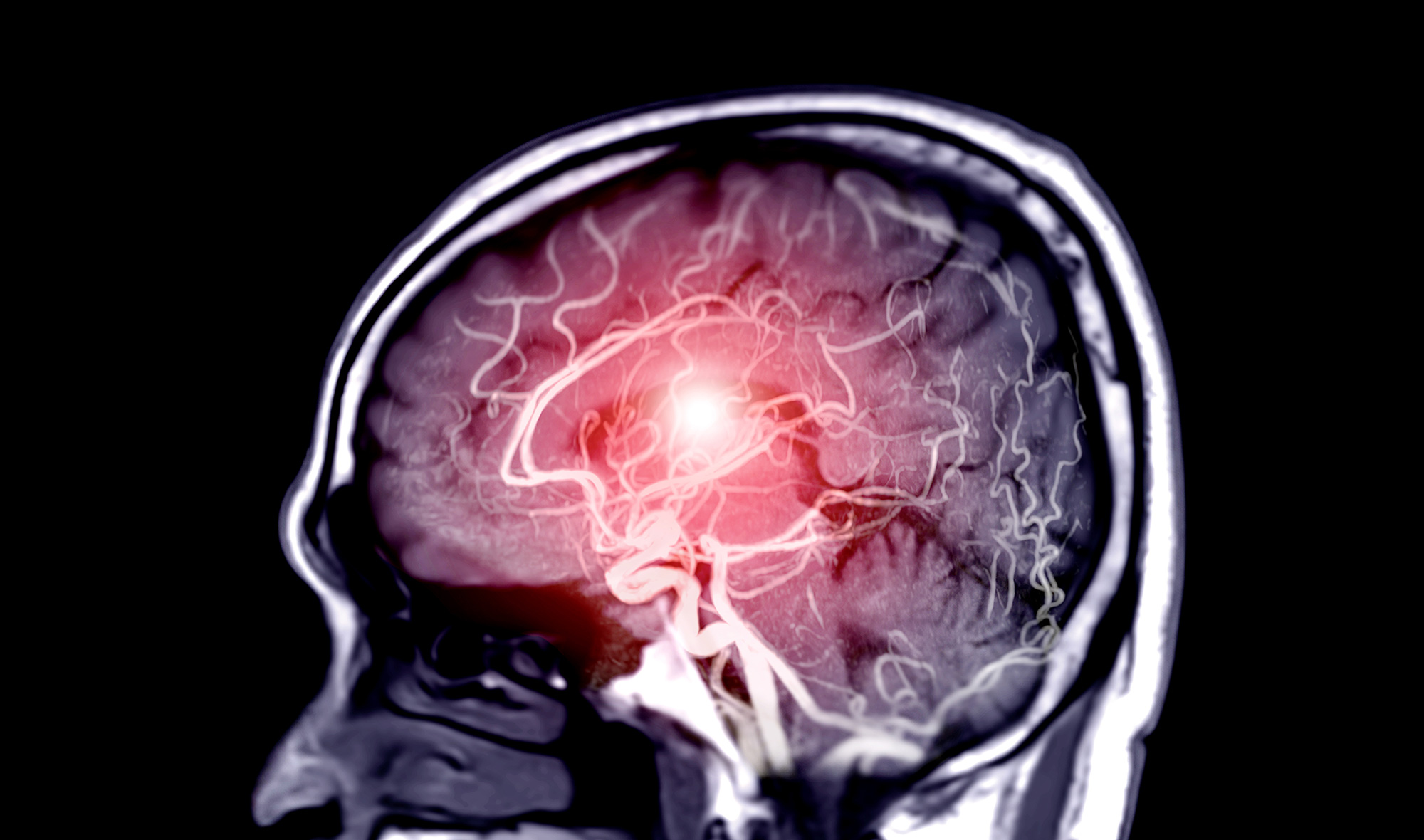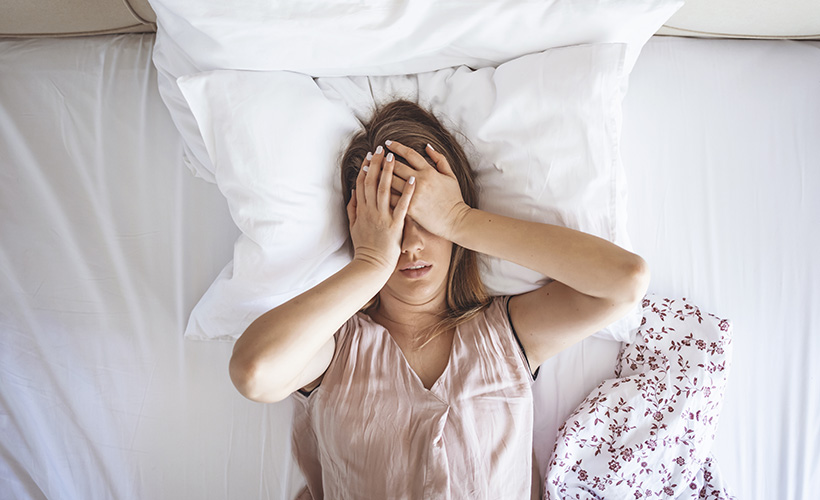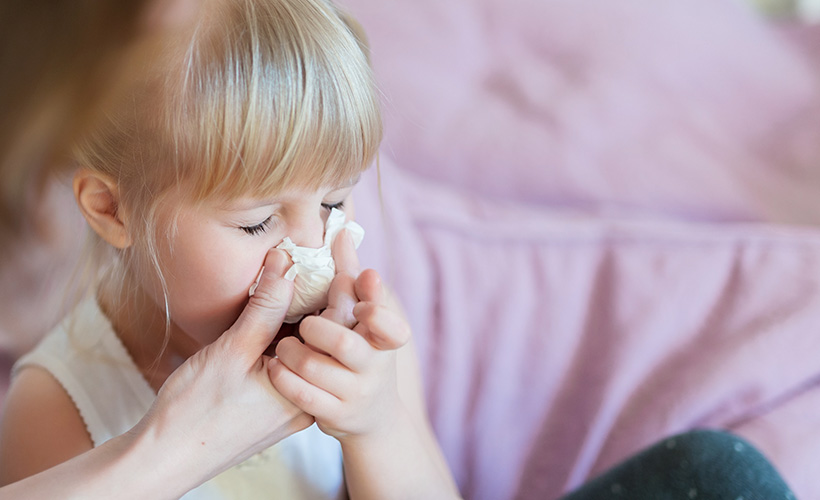While we have been going through the Covid-19 lockdown a lot of people have felt increased stress levels, so here are some tips to help us all cope.
Our brain
Our brain has two different ways of thinking. One is in the more ancient brain, the other is the more advanced and civilised brain.
In the ‘ancient brain’ we respond to threats and we have the so called ‘fight or flight’ mechanism. When confronted by danger our ancient brain decides straight away without any logical input, whether we should ran away or stay and fight. This is the most basic of human instincts. In modern humans that part of the brain is still very much the same as it was in the caveman.
The more advanced parts of the brain give us a lot more range of possible responses. It is more logical, usually has better outcomes, but it takes longer to kick in. This part of the brain gives us the opportunity to discuss different points of view and come to an agreement. It helps us to use logic to solve a problem. Some psychologists talk about the upstairs brain and the downstairs brain. When the more basic (downstairs) brain is running around yelling the more civilised (upstairs brain) can’t work.
Stress
Ok, so that was the basics about our brain. So now you will be able to understand that when there is a threat (from Covid-19 or anything else, real or imagined) our downstairs brain wants to fight it or run away; neither of which is appropriate. Until we can quieten that downstairs brain and give our upstairs brain time to think, we don’t have a lot of useful options available to us. Not only that; our upstairs brain likes to plan for the future. It is currently in a bit of a tail spin because most of us currently cannot plan for the future, we really don’t know how things will turn out.
When there is not enough information to make a decision or plan for the future our brain becomes overloaded. It’s just like a computer given a problem it can’t solve, it just goes round and round and round and round. This of course is very stressful.
Reducing stress
A great way to reduce stress during this time is to focus only on today. When that gets too much for you, it’s fine to focus just on what you need to achieve this morning, or this hour. Get up, get dressed and go for a walk. That’s fine; you’ve done it, now what; something nutritious for lunch?
Someone told me that their grandmother who had lived through the depression said “When it all gets too much just go more slowly and do just what needs to be done.” That’s still good advice today.
There is lots of evidence that watching every post about Covid-19 is not good for us. It puts us into overload. Watch or read one official bulletin about Covid-19 per day and leave it at that. You will become a lot calmer and better able to concentrate on things you can control (like lunch).
Improve resilience
We can all cope better some days than others. So how to keep ourselves sufficiently settled down that we can think logically and not react from our caveman brain. One way is to think of what we need every day so that we are feeling at our best. For me it is a walk in the bush, a piece of fruit, for some people it is a couple of hours hard out exercise (a run, a bike ride). Every day do one thing that makes you feel good.
Key elements to overall health are good nutrition, exercise and sleep. Not getting enough sleep is the biggest contributor to lowered immunity and it certainly contributes to stress as well. Stress makes us not sleep, not sleeping makes us stressed! It is important to have a good sleep routine and make sure you have enough sleep. Just a couple of tips for how to tell your brain that it is nearly bed time:
- Stop looking at screens at least half an hour before bedtime.
- Use dim lighting for your end-of-the-day preparations like cleaning your teeth and washing your face.
- Have a set process every night. A slow wind down to getting into bed.
I’ve written several times about how good nutrition is important to our health. Eating five or more servings of vegetables and two or three servings of fruit every day have been shown to improve your health in all sorts of areas from reduced dementia and heart attacks to reduced chance of diabetes. Well guess what, good nutrition also reduces stress. Having that base level of good sleep, good nutrition and 30-40 minutes of exercise every day will improve your resilience to stress; so you are less affected by it.
Picking yourself up
The next thing to think about is what you can do once you notice that you are becoming overly worried about things. You might notice yourself becoming snappy and argumentative with your family, or bursting into tears for something quite minor. This is a real sign that you need to spend more time looking after yourself. Eat something nutritious, go for a walk, and go to bed at an appropriate time for you.
Think about something that always makes you feel better. For me that is a soak in the bath with aromatherapy oils. If I can’t do that, then a piece of chocolate will usually help. Maybe for you this might be going for a walk in the bush by yourself, or it might be watching a movie. Whatever it is, make a note of that thing that always makes you feel better. When you are having a down day, feel overly tired, start snapping at people you love, remember that thing that you can do that will make you feel better and do that.
Some people keep a gratitude journal and every day they write down three things they are grateful for. This helps us keep a more balanced view of the world. It will stop us dropping down into the gloom when things don’t look that great. They don’t have to be three big things. You might be grateful today that it was sunny; or that it rained all afternoon and you had been for your daily walk this morning before the rain.
In an emergency
Exercise has been shown to be the best way of releasing stress in that moment when you feel stress. It is really important that you exercise every day; this will reduce stress levels and also improve your sleep.
A quick fix for when you feel you are about to snap: feel your feet in contact with the floor, breath in deeply as if coming up through your feet, up your legs, into your body. Breathe out deeply, one more breath this time all the way up your body to your neck and head then breathe out. A few slow deep breathes really do help the body to know you are not being attacked and it’s OK to relax.
Have a nice week
Now you have the basics of what causes stress and how to improve your resistance to stress. You have a few tips for keeping yourself healthy and a slow breathing exercise for when you are about to snap. There are also lots of good resources online. I notice that some psychologists have needed an outlet themselves during this time of high stress and there are several sets of free YouTube videos about how to cope with stress. One suggests that a 15 second hug reduces stress levels. This can be a person, a pet or even hugging yourself. Maybe we are all missing hugs from people we love so maybe a few self-hugs will help us all.
Written by Linda Caddick
This blog provides general information and discussion about medicine, health and related subjects. The information contained in the blog and in any linked materials, are not intended nor implied to be a substitute for professional medical advice.
















Community